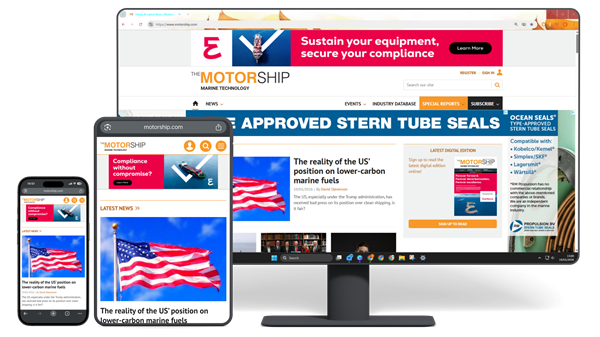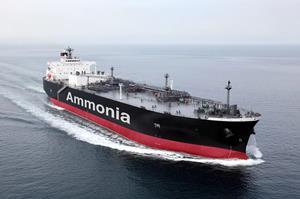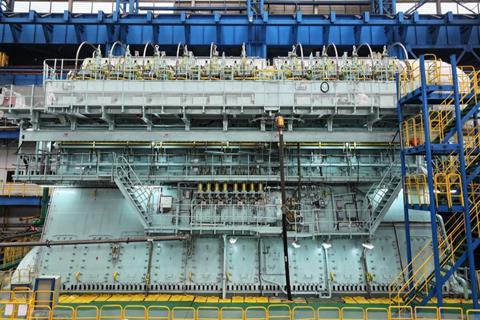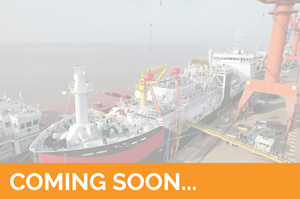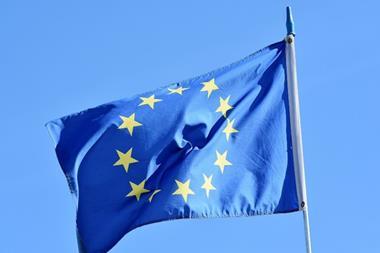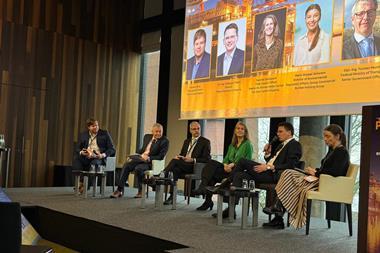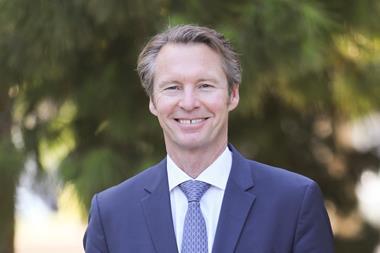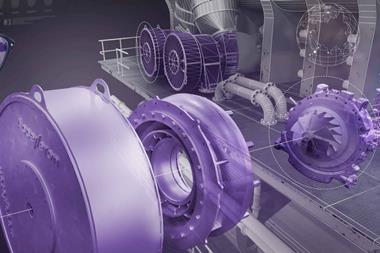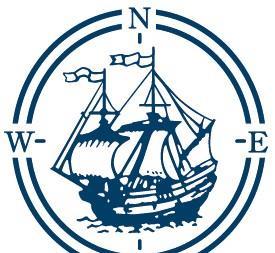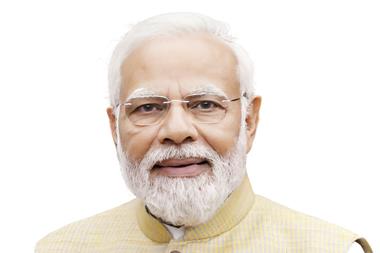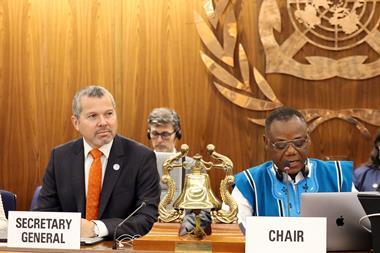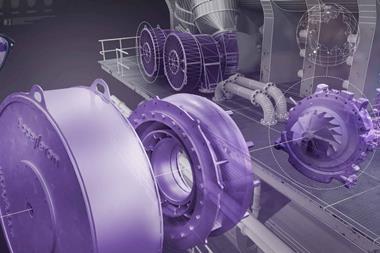On the final day of the IMO’s meeting to potentially shake-up the global shipping industry’s emissions profile, around two-thirds of member countries voted to delay the proposed Net Zero Framework, although a sizable proportion didn’t vote.
Gaining consensus among 176 flag states was never going to be easy and failing to pass measures is hardly unheard of for MEPC votes, it has a rich history of deadlocks. But unlike previous failures due to political differences among states, it was hard to miss the influence of the US in this week’s negotiations. And it wasn’t exactly subtle, Trump had been threatening retaliatory measures if a “carbon tax” was introduced for some time but with a large amount of member states abstaining from the vote - many smaller states - smacks of intimidation. Visa restrictions, sanctions, denial of port access or extortionate fees are all measures that could be implemented by the US to the detriment of emerging nations.

The move to change the NZF vote passing to explicit acceptance from tacit acceptance, which is the IMO’s norm for Marpol amendments since 1973, was prompted by the US and its reunited ally under Trump, Saudi Arabia, (not so chummy under the Obama administration).
For those who cheer diplomatic caution over far-reaching measures, the delay may be welcome. It will provide a chance to refine, build deeper consensus, calibrate safeguards especially for potentially toxic future fuels like ammonia. But what about investors, pondering which sustainable technologies to support, not to mention those producing them? Shipping is not the fastest moving industry in the world but some regulatory certainty may have been a catalyst for shipping companies to make definitive changes to their fleets.
The EU has led the way on shipping decarbonisation for some time, with EU ETS and FuelEU Maritime being its most recent measures. But the longer there is a lack of an international standard, the greater the risk of more opt-outs, carve-outs and trade tensions.
Join us next month in Hamburg at our 46th Propulsion and Future Fuels Conference from the 25th to the 27th. You’ll hear from policy makers, engineers and many other stakeholders in the shipping industry. Click here to reserve your place although act fast, places are limited given the events of this week.

